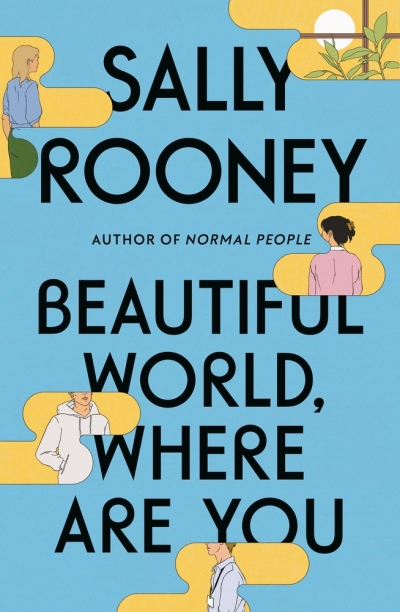Sally Rooney
It’s difficult to imagine a more hotly anticipated novel than Irish author Sally Rooney’s Beautiful World, Where Are You. Fiercely embargoed advance copies have sold for vast sums on eBay, and British publisher Faber even set up a custom Sally Rooney store – featuring branded bucket hats, tote bags, and a coffee truck. The author’s two prior works, Conversations with Friends and Normal People, garnered critical acclaim for their insights into young love in the modern age, with pundits even declaring her ‘the first great Millennial novelist’. ABR critic Beejay Silcox delves into Rooney’s latest work for our October issue, available to read tomorrow, September 30. In today’s episode, Beejay first discusses the entangled process of critiquing Beautiful World, Where Are You, before reading her review in full.
... (read more)

